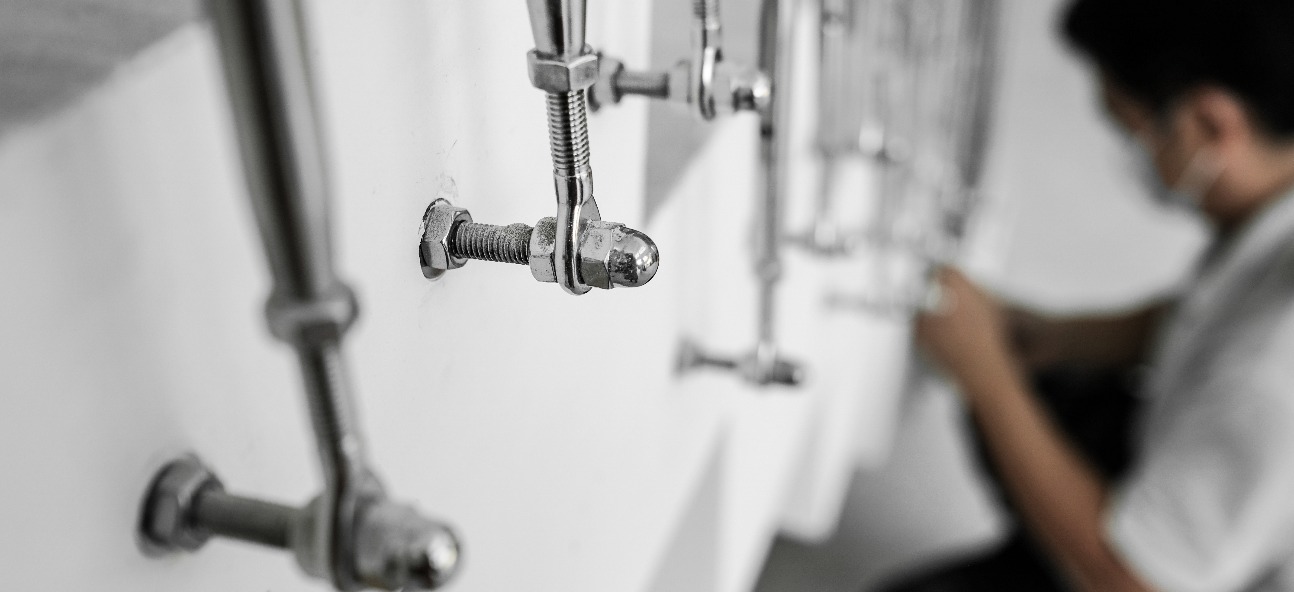101 S Main St, Medford, NJ 08055 - Office Hours | Mon. – Fri. 8 a.m. to 4:30 p.m.
Call Us Today!
609-654-8811
Plumbing leaks can cause costly repairs, water damage, and even mold growth. The best way to handle a leak is to prevent it from happening in the first place. Regularly inspecting your plumbing system can help catch small issues before they become major problems. Look for water stains on walls or ceilings, rust on pipes, loose connections, or a musty smell that could indicate hidden moisture.
Have Your Pipes Checked
High water pressure is another common cause of leaks, as excessive pressure can strain pipes and weaken joints over time. Installing a pressure regulator helps maintain a safe range, typically between 40-60 psi. If your home has older pipes made of galvanized steel or polybutylene, consider upgrading to modern, more durable materials like PEX or copper, which are less prone to corrosion and leaks.
Check Your Water Heater
Your water heater also plays a role in leak prevention. Over time, sediment can build up inside the tank, leading to pressure issues and potential leaks. Flushing the water heater annually and checking the anode rod can help extend its lifespan. Small drips from faucets or pipes should never be ignored, as they can worsen and lead to bigger leaks. Replacing worn-out washers and seals promptly can prevent unnecessary water waste and damage.
Beware of Winter
During colder months, frozen pipes are a major risk. Insulating exposed pipes in attics, basements, and crawl spaces can prevent them from bursting. Keeping cabinet doors open to allow warm air to circulate and letting faucets drip slightly during extreme cold can also help reduce pressure buildup inside pipes. Preventing clogs is another essential step in leak prevention. Avoid pouring grease, coffee grounds, and other debris down drains, and use strainers in sinks and showers to catch hair and soap scum before they cause blockages.
Find Your Water Shut-off Valve
Knowing where your main water shutoff valve is located and testing it regularly can save you from extensive damage in case of a sudden leak. Testing toilet and sink shutoff valves annually ensures they function properly when needed. For extra protection, consider installing smart leak detectors, which can send alerts to your phone when they detect moisture or even shut off the water supply automatically to prevent flooding.
Even with the best precautions, professional inspections are key to long-term plumbing health. A licensed plumber can identify hidden problems, check for leaks, and recommend maintenance to keep your plumbing system in top condition. Preventative maintenance is a small investment that can save you from major headaches down the road. If you’re looking for peace of mind, Harrietts Plumbing and Water Treatment is here to help.
